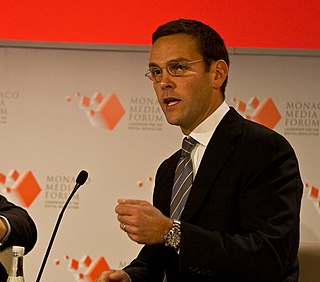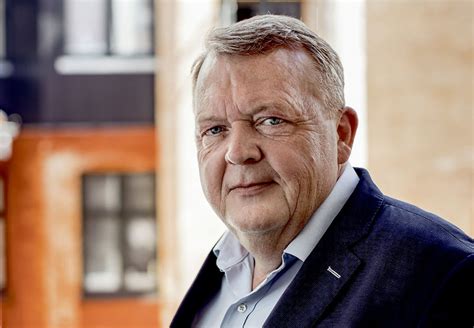A Quote by Jared Cohen
When you work at Google and tell these engineers that their skill set is relevant to somebody in Iran who doesn't have access to information in their country or the rest of the world, it really inspires them to want to do something about it. There is a genuine altruism that exists at this company, and that's why I'm here and not anywhere else.
Related Quotes
Mathematics is really an art, not a science. You could say science also is an art. So I would say the difference is something you can't really describe - you can only recognize. You hear somebody playing the violin, and it was Fritz Kreisler or it was somebody else, and you can tell the difference. It is so in almost every art. We just don't understand why it is that there are just a few people who are just completely off the scale and the rest of them are just mediocre. And we don't know why. But I say it's certainly true of mathematics.
When I got on that plane, it was loaded with white people going to Africa for the Peace Corps. I got there and met a lot of them, and actually they had more peace there in Guinea than I have here. I talked to some of them. I told them before they would be able to clean up somebody else's house you would have to clean up yours; before they can tell somebody else how to run their country, why don't they do something here.
When I watch TV, and TCM isn't on, I just switch channels and look at all the information about everything. The internet is perfect for that, which is why I didn't really want to get a computer in the first place. I thought, "If I have a computer and know about this whole Google thing, I am not going to be able to sit still for a second; I'm going to think about something and then have to look it up." I have never bought myself a computer or a phone, but guys in my life have bought them for me, for whatever reason. So now I have them.
If you're going to be a visual artist, then there has to be something in the work that accounts for the possibility of the invisible, the opposite of the visual experience. That's why it's not like a table or a car or something. I think that that might even be hard for people because most of our visual experiences are of tables. It has no business being anything else but a table. But a painting or a sculpture really exists somewhere between itself, what it is, and what it is not-you know, the very thing. And how the artist engineers or manages that is the question.
We are all the time, from our childhood, trying to lay the blame upon something outside ourselves. We are always standing up to set right other people, and not ourselves. If we are miserable, we say, "Oh, the world is a devil's world." We curse others and say, "What infatuated fools!" But why should we be in such a world, if we really are so good? If this is a devil's world, we must be devils also; why else should we be here? "Oh, the people of the world are so selfish!" True enough; but why should we be found in that company, if we be better? Just think of that.
Think about it: if you were running a multi-million dollar company, and your database of customer information was stolen, would you want to tell your clients? No. Most companies did not until the laws required them to. It's in the best interest of organisations - when they're attacked and information is stolen - to tell nobody.



































